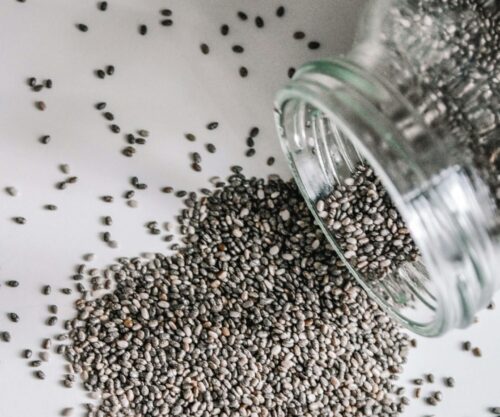
For many women, the menstrual cycle is a series of predictable phases, but for some, during the ovulation phase – unexpected and uncomfortable nausea can often creep in. If you find yourself feeling queasy or nauseated around the middle of your cycle, you’re not alone.
This phenomenon, often referred to as ovulation nausea, is more common than you might think. Here’s why some women experience it.
First, let’s recap: What is ovulation?
Ovulation is the phase in the menstrual cycle when an ovary releases an egg, making it available for fertilisation.
It typically occurs around the midpoint of the cycle, roughly 14 days before your next period if you have a 28-day cycle.
This is the time when your body is at its most fertile, and it’s accompanied by a shift in hormonal levels that can affect various systems in your body.
Why does ovulation cause nausea?
The connection between ovulation and nausea isn’t always straightforward, but several factors may contribute to this uncomfortable symptom:
Hormonal fluctuations
During ovulation, the levels of oestrogen and progesterone in your body fluctuate significantly. Estrogen levels peak just before ovulation, which can affect the gastrointestinal system. For some women, these hormonal changes can lead to nausea.
Increased sensitivity
The surge in hormones might make you more sensitive to changes in your body, including those affecting your stomach and digestive system. This heightened sensitivity can result in feelings of nausea.
Mid-cycle pain
Some women experience a type of pelvic pain called mittelschmerz, which is associated with ovulation. This pain is usually mild but can sometimes be more intense and may be accompanied by nausea.
Blood flow changes
The increased blood flow to the pelvic area during ovulation might also impact your digestive system, contributing to feelings of nausea.
Stress and anxiety
For some women, the stress and anxiety surrounding fertility and conception can exacerbate physical symptoms like nausea.
How you can manage ovulation-related nausea
If you’re experiencing nausea during ovulation, there are several strategies you can try to alleviate the discomfort:
Stay hydrated: Drink plenty of water throughout the day. Staying hydrated can help reduce feelings of nausea and keep your digestive system functioning well.
Eat small, frequent meals: Instead of large meals, try eating smaller, more frequent meals to keep your blood sugar levels stable and avoid overwhelming your stomach.
Avoid trigger foods: Identify and avoid foods that seem to exacerbate your nausea. Common culprits might include greasy, spicy, or overly rich-foods.
Manage stress: Incorporate stress-reducing activities into your routine, such as meditation, yoga, or deep-breathing exercises. Reducing stress may help mitigate the impact of hormonal fluctuations on your digestive system.
Consult a healthcare provider: If nausea during ovulation is severe or persistent, it’s a good idea to speak with a healthcare provider. They can help determine if there are any underlying conditions or provide specific treatments to manage your symptoms.
When to seek medical advice
While mild nausea during ovulation is generally not a cause for concern, it’s important to seek medical advice if:
Symptoms are severe: If nausea is debilitating or significantly impacts your daily life, consult a healthcare provider.
Persistent symptoms: If nausea occurs consistently every cycle and worsens over time.
Additional symptoms: If you experience other symptoms such as severe pain, vomiting, or unusual bleeding, seek medical attention to rule out other potential issues.
Remember, every woman’s experience with her menstrual cycle is unique, and finding what works best for you is key to navigating these changes with greater ease and comfort.
Compiled by: Amy Steenkamp
First published by Women&home
Also see: Questioning the safety of tampons




